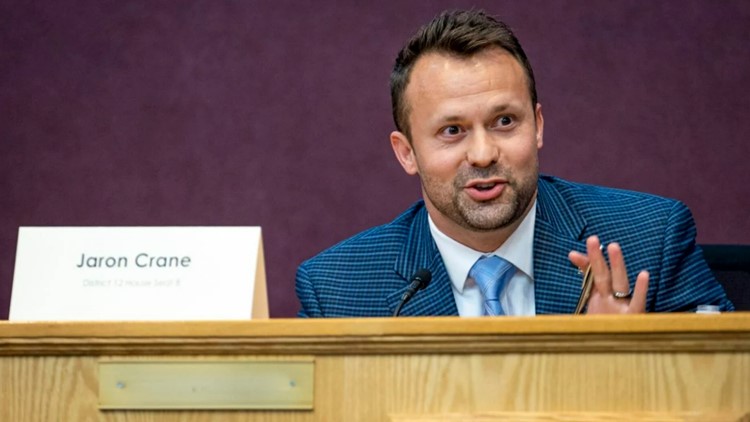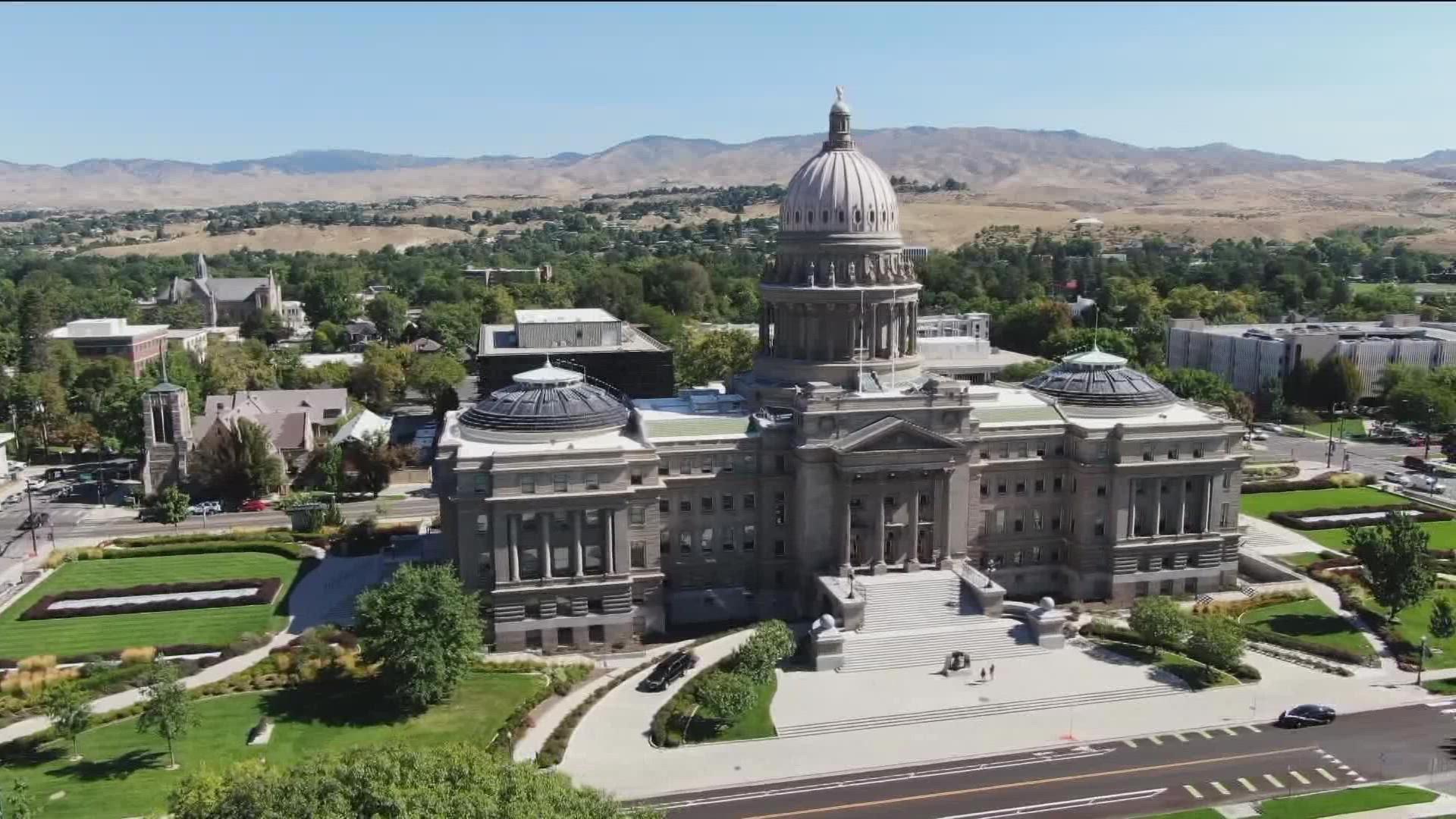BOISE, Idaho — This article originally appeared in the Idaho Press.
The House Education Committee on Tuesday heard three informal presentations regarding new education savings account, or ESA, proposals. The Senate on Monday rejected a universal ESA bill.
Committee Chairwoman Julie Yamamoto, R-Caldwell, said the legislation will come back before the committee on Thursday. All of the proposals would allow the money in the ESA to go toward private schools.
Rep. Jaron Crane, R-Nampa, proposed expanding an existing college savings account program known as a 529 plan. These savings accounts can be used to for college tuition as well as K-12 private and religious school tuition. Crane said it’s not currently covering homeschooled students.
“It’s in our interest to fund those students,” Crane said.
Applicants would apply through the state superintendent of public instruction, the state treasurer would then create a beneficiary for the state 529 account, and the money would have to sit in the account for seven business days before it could be withdrawn by the institution. Crane said because the program is overseen by two elected constitutional officers, the superintendent of public instruction and treasurer, it would be accountable; there would also be the option to clawback funds that were improperly used.
Another proposal would also expand an existing program, the Empowering Parents grant. Sen. Lori Den Hartog, R-Meridian, presented for the House sponsor Rep. Wendy Horman.
The current “micro-grant” program allows up to $1,000 per student for education-related expenses. The expansion would allow $6,000 per student for tuition grants, with a $12 million cap. Tuition grants could also go toward hiring a certified teacher. There wouldn’t be income limits in eligible parents, but the lowest-income families would receive the highest priority, Den Hartog said.
Like the existing program, potential recipients of the grants would need to apply to be a vendor on the digital platform where the program is administered. The bill is recommending that this expansion be included in the $30 million in ongoing funding that the governor recommended in his budget for the program this year.
Rep. Lance Clow, R-Twin Falls, presented the last proposal of the day. He rejected a similar proposal for an opportunity scholarship last year, which died 8-7 in committee, because he said it wasn’t ready.
The bill would create an ESA that could be used for accredited private schools. Priority would be given to families with under $70,000 adjusted gross income. For students with individualized education plans, those institutions would have to share standardized test results with the state. Schools or personalized education plans would also need to provide a “thorough education" on reading, writing, grammar, math, social studies and science.
Those who apply to accept funds would have to attest that they at least teach those subjects but others can be included.
Private institutions accepting this money would be required to share nationally normed test results with parents, Clow said. Or if users are designing a personalized student education plan, the students must take a nationally normed test and share the information with the state, which would make sure that student is at grade level or making at least one year's growth each year.
“My rationale to that is they don't have to take the money and they don't have to do these things, but if they want to use the state's money, those are some of the accountability requirements that I've put in the program,” Clow said.
New eligible students need to have been in public schools within 90 school days of applying, with the exception of kindergartners.
"There is a requirement that they have been a prior student if they're not entering at the kindergarten level," Clow said. "... I'm trying to maintain and manage the growth of that."
He recommended funding 2,000 students at a cost of $17.5 million for the first year, but said that the number would be subject to state appropriation each year. This was based on an assumption that about 500 kindergartners would qualify and 1,500 existing students will transfer to private schools.
Rep. Steve Berch, D-Boise, requested that all of the bill sponsors return with a five-year estimated fiscal impact.
A report by the Idaho Fiscal Policy Center projected that the previous Senate ESA proposal would have dramatically escalating costs; the report was based on studies of existing ESA programs in Arizona and Florida.
The committee didn’t ask questions, discuss or vote on any of the legislation. The introductory hearing will take place on the bills Thursday, when members will be able to vote to introduce bills so they will be eligible for a subsequent public hearing.
This article originally appeared in the Idaho Press, read more on IdahoPress.com.
Watch more Idaho politics:
See all of our latest political coverage in our YouTube playlist:



